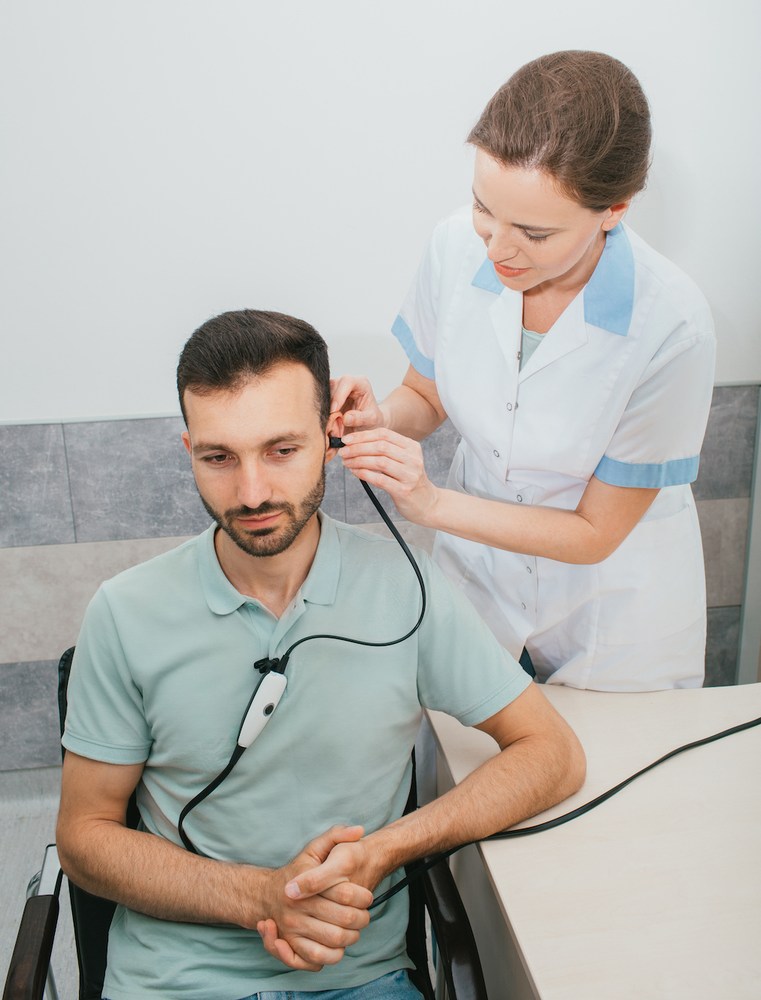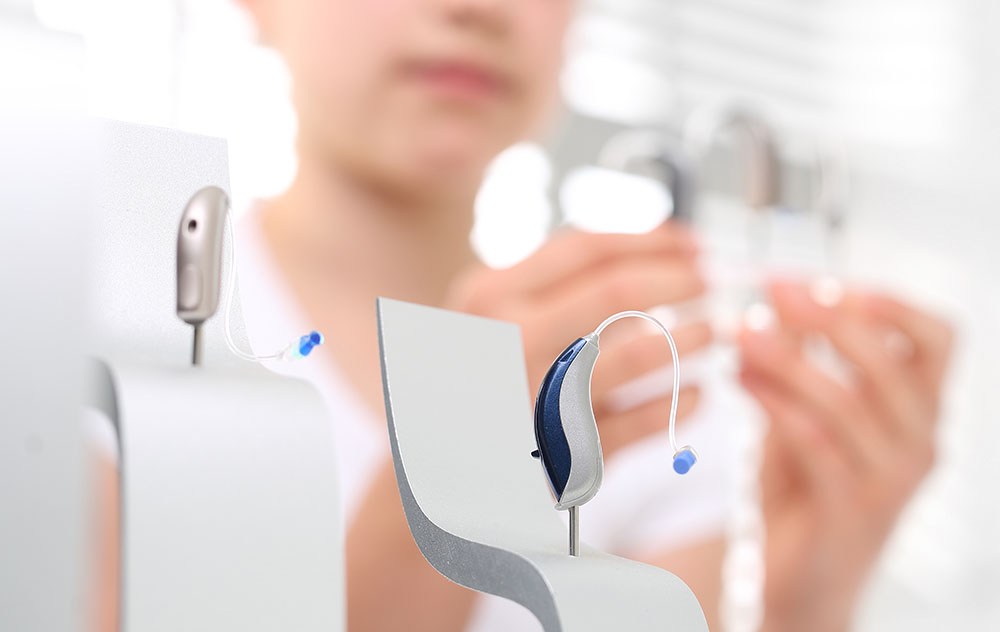Understanding the Basics of Hearing Aid Maintenance
Hearing aids are valuable to your hearing health. So, it is a good idea


Hearing aids are valuable to your hearing health. So, it is a good idea

There are many factors that lead to hearing loss. Hearing loss can happen

Hearing aid repairs are vital, but only take a quick trip to your local